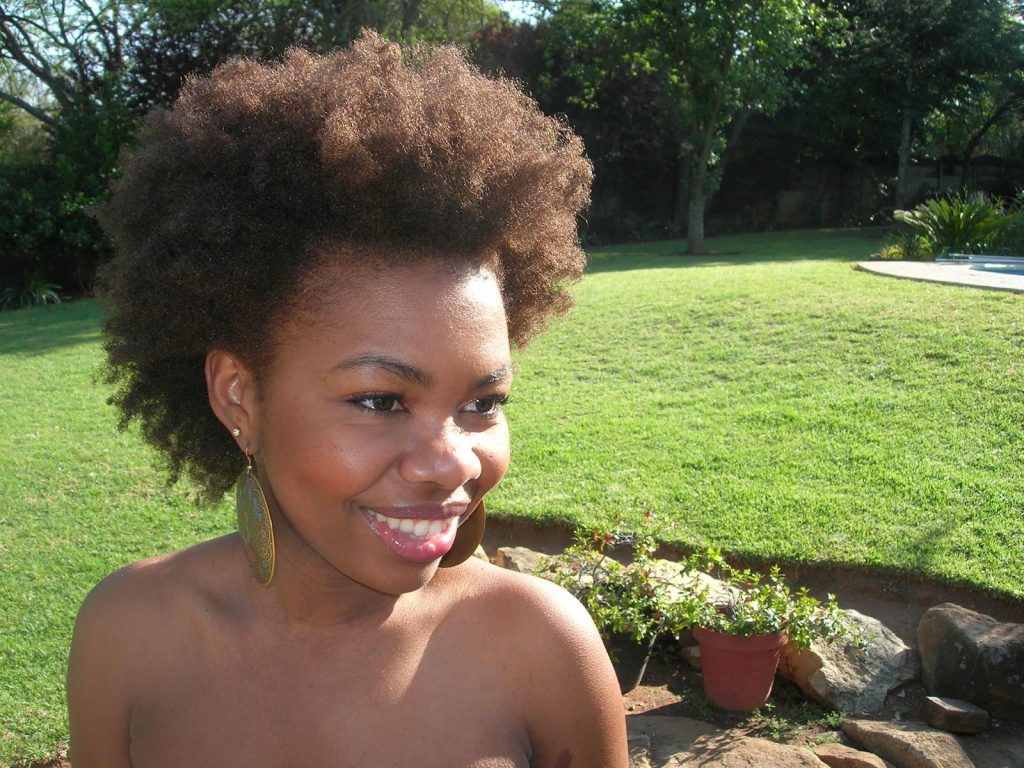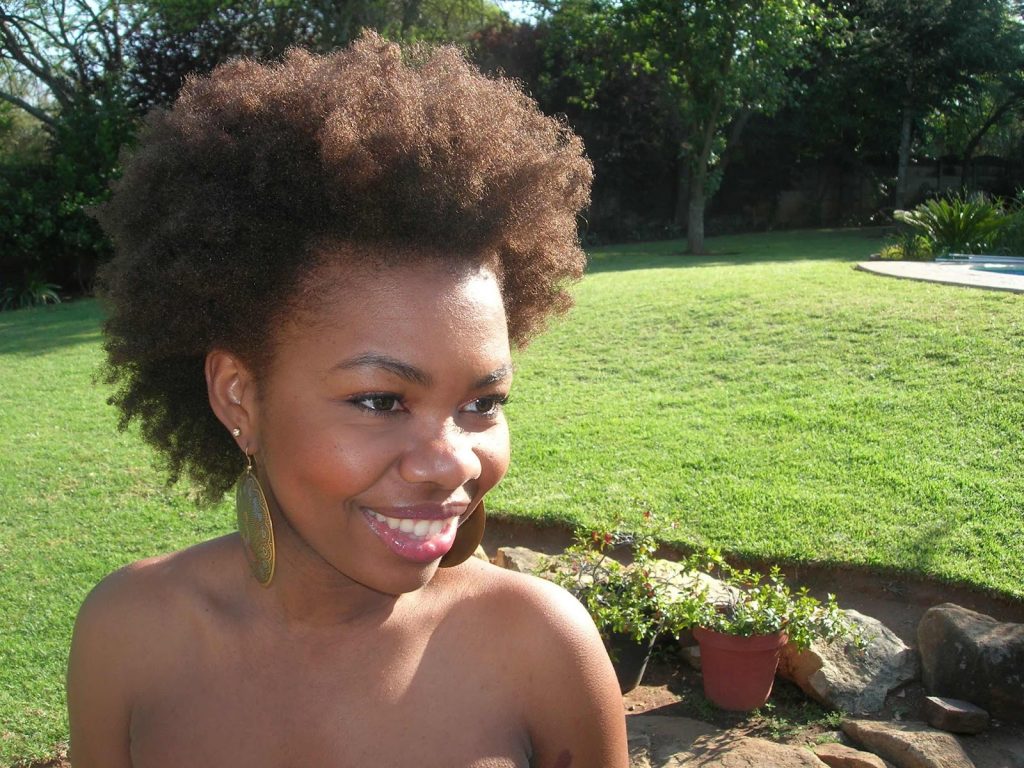The Brazilian blowout hair straightening treatment has become a global phenomenon, thanks in part to celebrities like Nicole Kidman and Halle Berry. But in Brazil, flattening irons have fallen by the wayside as more and more women choose to embrace their curls and kinks.
For Cassia Marinho, owner of the Iporinché salon in Rio de Janeiro, the growing popularity of natural hair speaks to more than just an aesthetic trend – she says it’s about the empowerment of black Brazilian women, who have been long been marginalized in Brazilian society. Black women earn as little as 28% of what non-black men earn, and 80% of the country’s employed black women perform manual labor, half as maids.
“In our salon, there has always been a mission to strengthen self-esteem and the idea of black beauty,” she said. “The first thing I say to my clients is: your hair is pretty. You don’t need to use a chemical process.”
Brazil, the last country in the western world to abolish slavery, still struggles with racial inequality. In 2011, the census showed that over half of Brazil’s population identified as black or mixed race, but in 2012, only 6.3% of young Afro-Brazilians were enrolled in higher education. Amnesty International reported that of the 30,000 young people who are killed each year in Brazil, 77% are black. But in the last decade, the black movement for justice and equality has gathered force. Demonstrations at shopping malls across the country in 2014 testified to lower-income Brazilians’ new purchasing power. For black Brazilian women, the natural hair trend is part of this fight to reclaim their identity.
“To construct one’s black identity in Brazil, the first step is accepting your characteristics,” said Luana da Costa Fonseca, a 25-year-old student. Fonseca moved to Rio to attend the Pontifical Catholic University (PUC), and started questioning her hair-straightening habit after joining a student group for black Brazilians. “The women who have natural hair, who have gone through a transition, who have stopped straightening, I think this is the first step for facing racism.”
On the streets of Rio, Brazilian women flaunt their natural hair in a variety of styles – from rasta braids, which weave colored fibers into the hair, to dreadlocks and afros. Another common style features tight curls with golden highlights on the tips.
Hair has long been a tool of political expression, from the Black Panthers of the 1960s to the Natural Hair Movement, which was born in the US in 2001 and now exists in over 30 countries. Brazil, too, witnessed a similar trend in the 1930s, 60s and 70s, according to Thula Pires, one of PUC’s few black professors. “All of these periods where you can see a freer use of one’s body, including hair, are associated with political processes of reflection, of affirmation, of agency, of recognizing women,” she said.
The natural hair trend also presents a business opportunity for Brazilian women. Leila Velez co-founded Beleza Natural, a natural hair product company, in 1993. Today, Beleza Natural has 45 salons in five different states.
Renata Morais, 31, also aims to promote black beauty. She launched Crespinhos SA to create photo books for black Brazilian children to help them enter modeling. Morais stopped straightening her hair when she was pregnant with her second child. “We were always taught that we had to have straight hair because society said that was cool,” Morais said. “But we looked for references on TV, and we didn’t see any. We only saw women with straight hair. So we thought that was right.”
As for Marinho, the fact that so many Brazilian women are embracing their natural hair only affirms what she’s known along along: “Black beauty has a place here,” she said.


